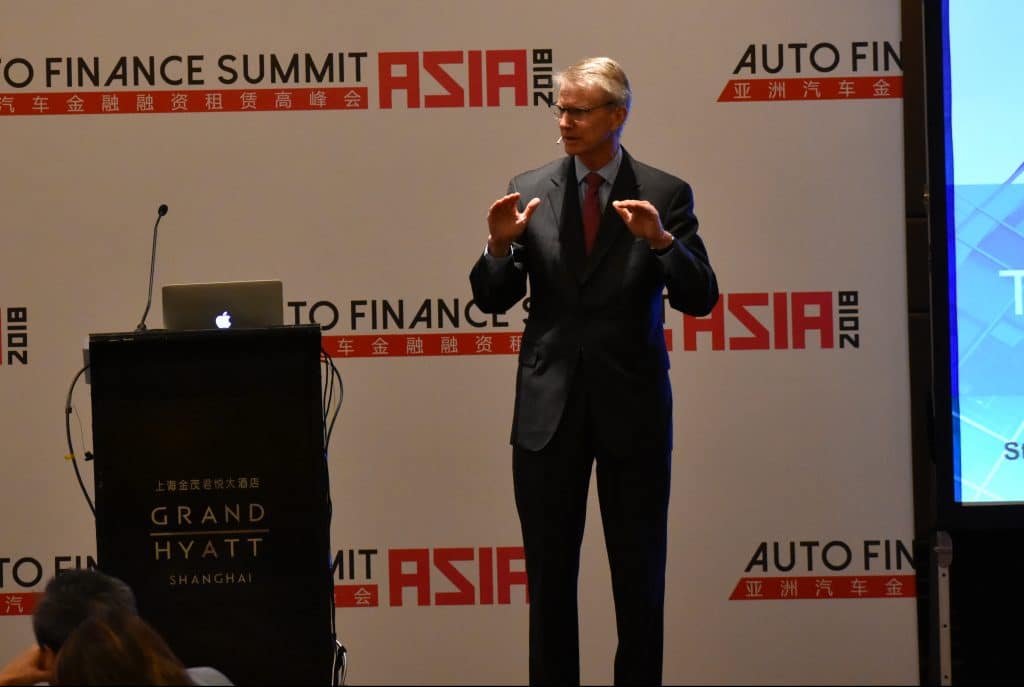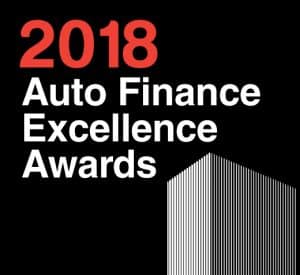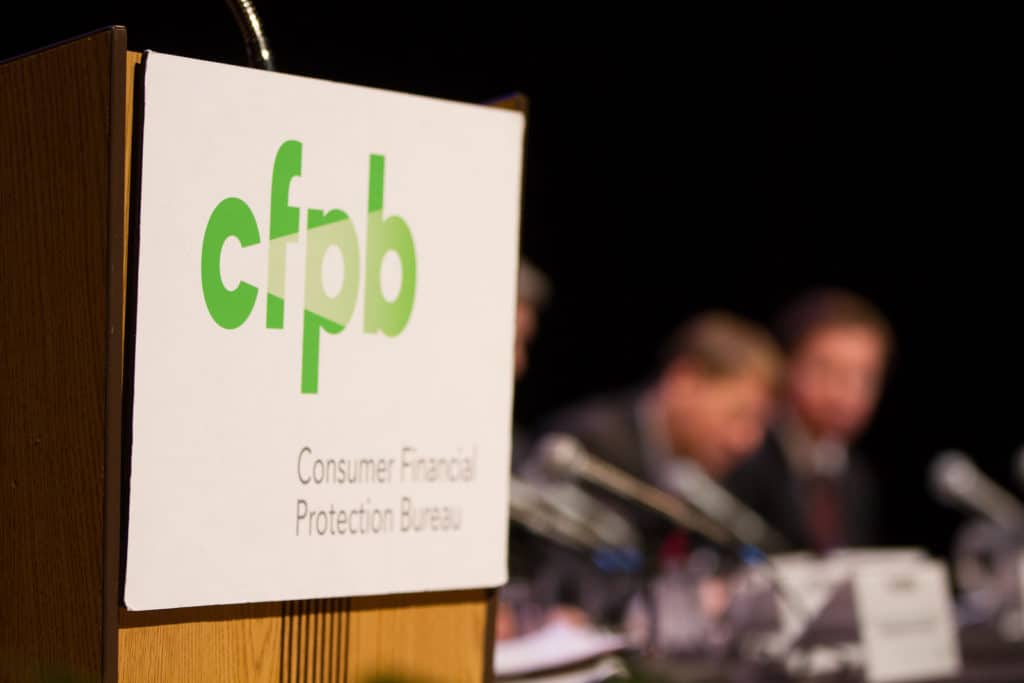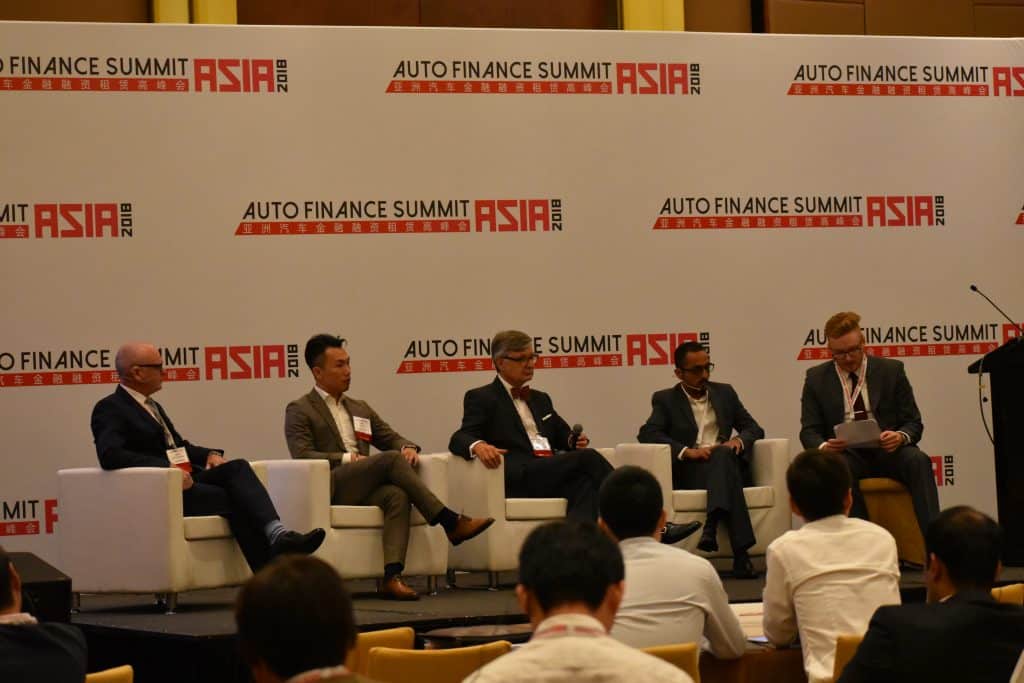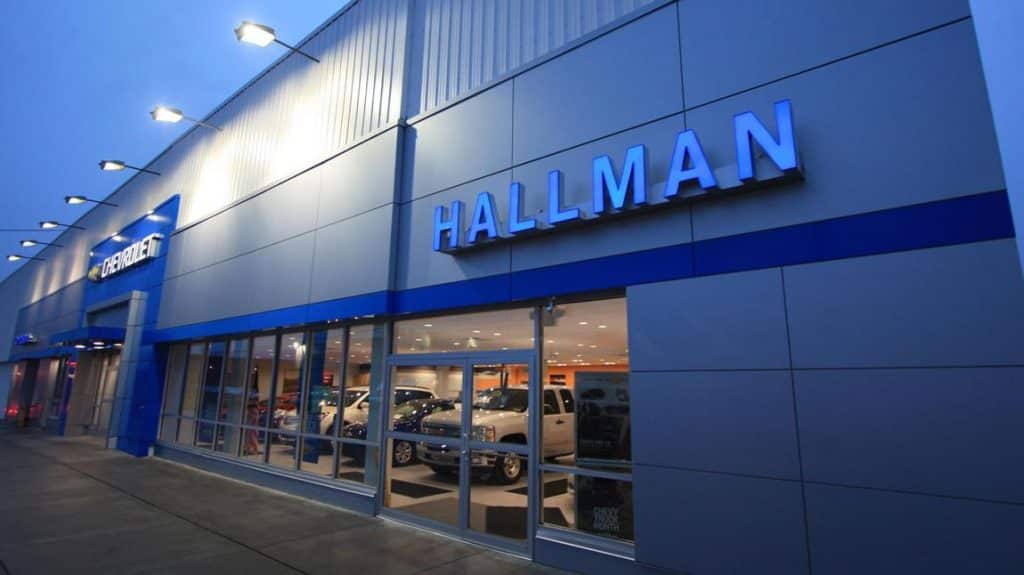Wells Fargo & Co.’s proposal to remediate consumers impacted by its force-placed insurance scandal was rejected by regulators for not comprehensively coverings all affected borrowers, according to a report from Tuesday evening.
The lender submitted their plan to pay back consumers in June per the requirements of a $1 billion consent order issued by the Consumer Financial Protection Bureau (CFPB) and the Office of the Comptroller of the Currency. The agreed upon consent order alleges that Wells Fargo Auto charged consumers for force-placed auto insurance they did not need, but there remains some discrepancy about how many consumers were impacted and how much they are owed.
The submitted plan included remediations to 600,000 borrowers, according to three sources who spoke to Reuters. At the end of 2017, Wells Fargo preemptively announced an $80 million remediation plan to 500,000 consumers affected by the scandal. However, an internal report was leaked to the press at the time revealing a conclusion of 800,000 consumers.
“The company currently estimates that it will provide approximately $212 million in cash remediation under the plan,” according to an August 10-Q filing. “The amount of remediation may be affected by the requirements of the consent orders entered into with the CFPB and OCC.”
The discrepancy in the number of consumers affected stems from difficulties in accessing how many consumers were impacted at the start of their loan versus those who were charged the additional insurance later on in the loan cycle. There’s an outstanding question about how many consumers had a temporary lapse in their insurance coverage and are owed partial refunds, according to the consent order.
During this time Wells Fargo also “did not refund other fees or related charges, such as repossession fees, late fees, deferral fees, and non-sufficient funds fees,” the consent order states.
Wells Fargo Auto declined to comment for this story.
Having a remediation plan rejected is not substantially different from how previous consent orders have operated under the previous administration, Chris Willis, practice leader of Ballard Spahr’s consumer financial services litigation group, told AFN.
“There were instances under the former CFPB where important details of remediation were not settled at the time the consent order was entered into,” Willis said. “It was our experience back into time that we would sometime submit these remediation plans and the bureau would require changes to them before they could be approved.”


